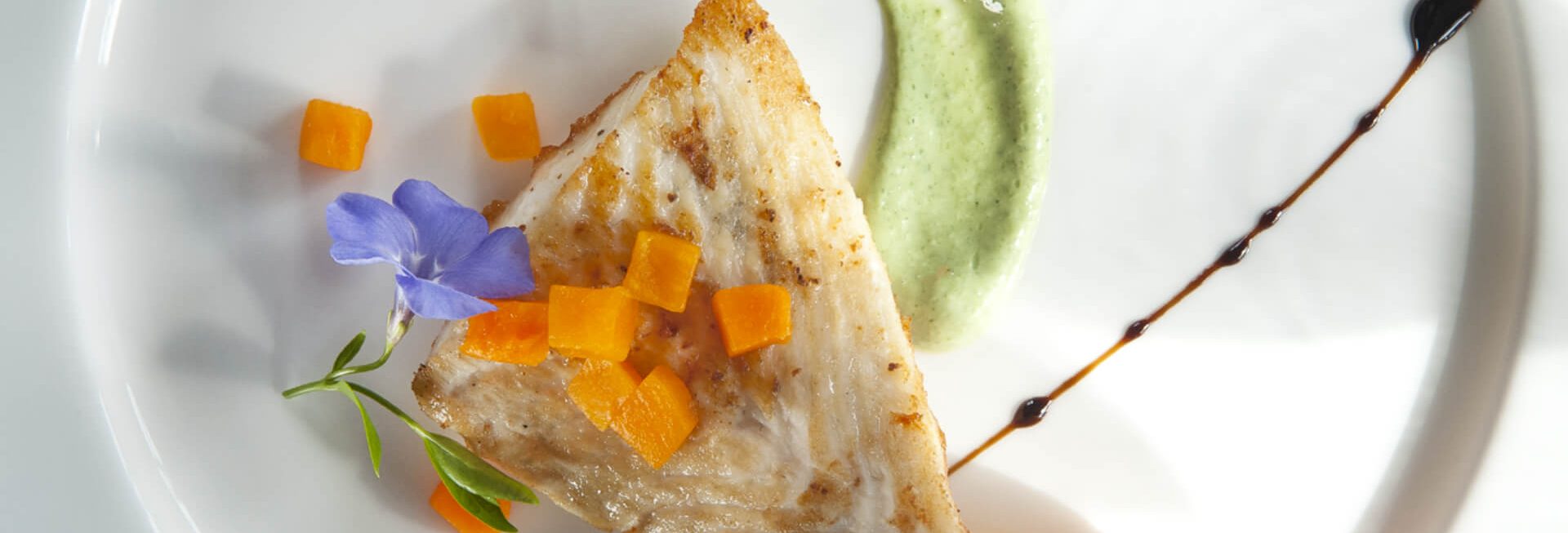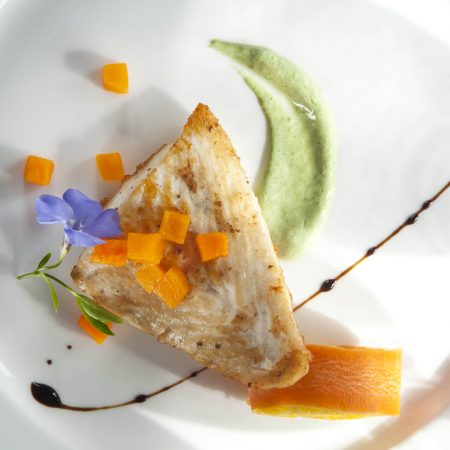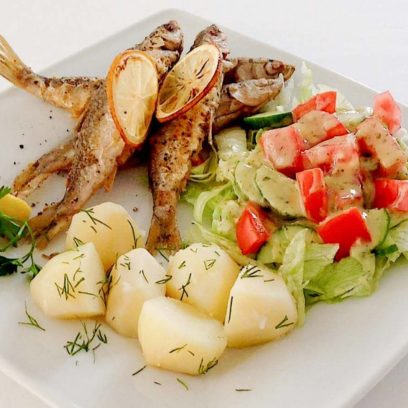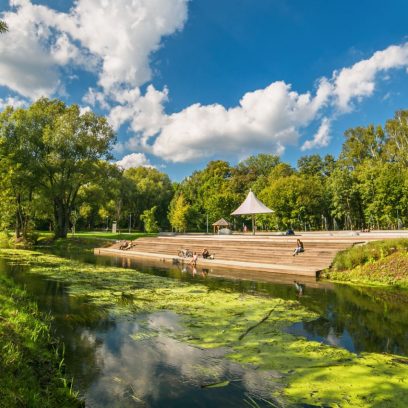



Christmas in Warmia and Masuria, especially for the inhabitants of the countryside, was a time of prosperity for several days, when one could take a break from hard work and enjoy dishes that were not served on a daily basis. What is interesting, the tradition of Christmas Eve remained unknown for a long time in the region during this festive period. In Masuria, meat dishes were eaten on Christmas Eve.
There were sausages, roast, and no shortage of goose meat. On the first day of Christmas, peas appeared on the table in various forms. This plant was to ensure happiness and harvest for the host in the following year.
Fot. main photo. www.dziedzictwokulinarne.pl/czlonkowie/restauracja-romantyczna-w-hotelu-spa-dr-irena-eris-wzgorza-dylewskie/
Fot. www.dziedzictwokulinarne.pl/czlonkowie/Folwark-Tumiany/
The location of the region and its natural resources also had a major impact on the type of Christmas Eve dishes served. A lot of them came from Russian or Lithuanian cuisine, although some Dutch and Scottish elements were also present.
Yuletide staples included groats prepared in many ways and various fish dishes, both from the Masurian lakes and from outside the region. One good example is the then popular herring in batter.
Fot. www.dziedzictwokulinarne.pl/czlonkowie/smazalnia-pluski/
In Warmia, dishes served on the Christmas Eve supper often did not differ from the everyday fare. The more well-off farmers had goose and meat. The meal was eaten around 5 p.m. and included roasted goose, goose sausage, meat, wholemeal bread, cakes and sweets.
In many homes – both in Warmia and Masuria – cranberry starch jelly was served during this time instead of the dried fruit compote known in other regions.
Fot. www.dziedzictwokulinarne.pl/czlonkowie/zajazd-pod-klobukiem/
Despite their differences, Catholic Warmia and Protestant Masuria had two things in common during Christmas: experiencing joy and enjoying the abundance of food. After all, the birth of Christ was celebrated only once a year.
Fot. www.dziedzictwokulinarne.pl/Piekarnia Samopomoc Chłopska w Dźwierzutach/

Fish dishes are an important part of the diet of the inhabitants of the Land of a Thousand Lakes, as well as an attraction for tourists. Thanks to the abundance of lakes, fish have had a great influence on the local cuisine. The culinary tradition of Warmia and Masuria has been shaped by the influences of different cultures for many centuries.
Find out more
Discovering the capital of Warmia and Masuria is extremely interesting at any time of year. It is a city with a soul, where history intertwines with modernity.
Find out more
Today many of us treat our dog like a family member. Spending time with a dog gives a lot of fun to both of you. We take care of our pet in the best possible way to keep it healthy and happy. Travelling is not an exception - we want to be able to take a dog companion both on forest trips or mountain walks, as well as to public places.
Find out more